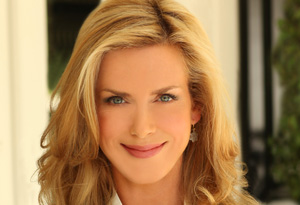
A Tiny Shift Matters—a Lot
You are the pond, and every thought, action and feeling is a pebble, influencing your body, relationships, future and present moment. In your existence, there is no insignificant moment. The universe is also that pond, and you are that pebble. Your life, energy and love echo energetically to the very edges of all creation. You have that much power.
To help you understand this critical point, we can look to an interesting discovery made in meteorology called the butterfly effect. In 1961, Edward Norton Lorenz entered a figure for wind velocity into a computer in an attempt to predict weather conditions. Taking a shortcut, he entered 0.506 instead of 0.506127. What he found was astounding: That tiny difference of 0.000127 radically altered the ensuing weather scenario. The concept Lorenz developed around his findings became known as the butterfly effect because a wind velocity difference of 0.000127 seems so totally insignificant—much like the difference in velocity that might be caused by the flapping wings of a butterfly. Lorenz concluded that the slightest and seemingly most insignificant initial condition could drastically modify the weather going forward. That tiny variation could create such a different path or momentum that it might, in fact, initiate a chain of meteorological events—that it could change a sunny day into a tornado. In chaos theory, this is known as sensitive dependence on initial conditions. A tiny shift matters that much. The message is that every action, no matter how small, can cause a huge reaction somewhere else or at some future time. Isn't that exciting?
The more you shift, the more you change











